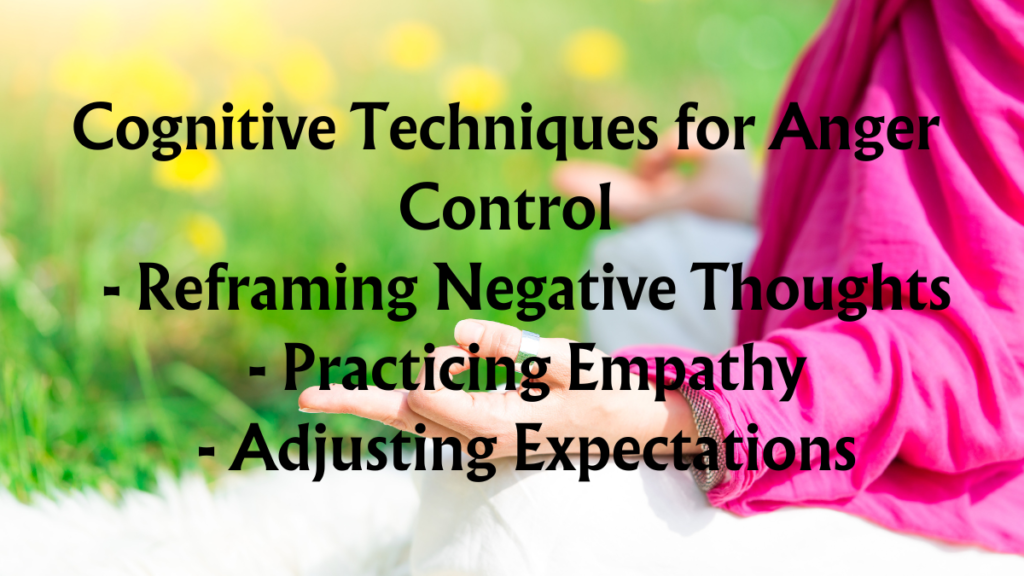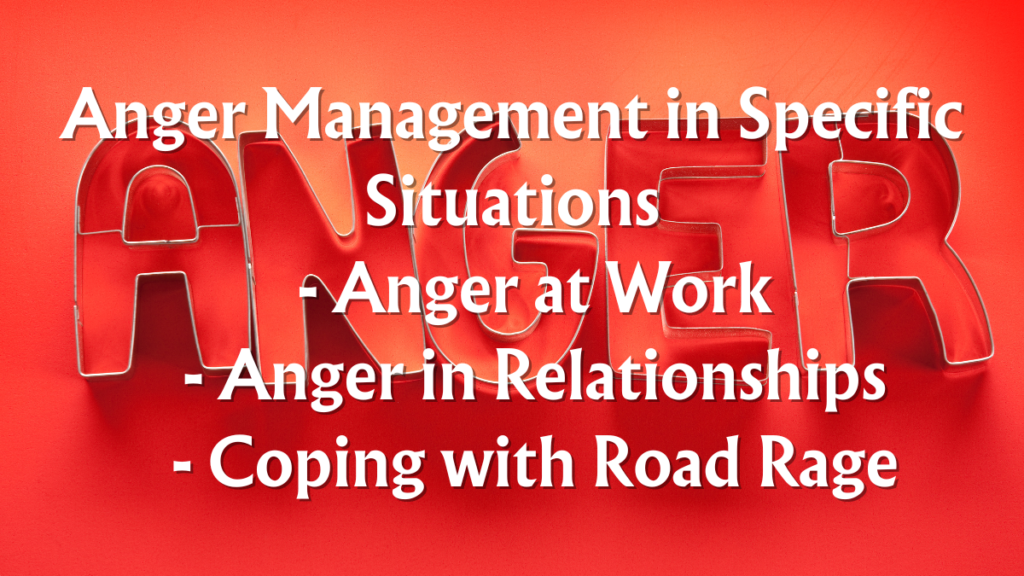30 Tips for Anger Management
I. Introduction
Anger is a universal emotion, and learning how to manage it is crucial for overall well-being. In this article, we’ll explore 30 practical tips for effective anger management, ranging from immediate strategies to long-term approaches.

II. Understanding Anger
Before diving into management techniques, it’s essential to understand the various types of anger and identify personal triggers. This self-awareness lays the foundation for successful anger management.
III. Immediate Strategies for Anger Control
1. Deep Breathing Exercises
– Inhale deeply, hold, exhale slowly. Repeat until calm.
2. Counting Techniques

– Count to ten or use other counting methods to redirect focus.
3. Taking Short Breaks
– Stepping away from a situation can provide needed perspective.

IV. Long-Term Approaches to Anger Management
4. Seeking Professional Help
– Therapists can guide in developing coping mechanisms.
5. Developing Healthy Outlets
– Find constructive ways to express anger, such as through art, writing, or exercise.
6. Practicing Mindfulness and Meditation
– Techniques like meditation enhance emotional regulation.

V. Communication Skills for Managing Anger
7. Expressing Feelings Calmly
– Use I statements to avoid blame and encourage understanding.
8. Active Listening
– Truly hearing others’ perspectives can defuse anger.
9. Choosing the Right Time and Place for Discussions
– Timing matters; address issues when emotions are calm.

VI. Lifestyle Changes to Reduce Anger
10. Regular Exercise
– Physical activity is a natural stress reliever.
11. Adequate Sleep
– Lack of sleep can contribute to irritability; prioritize rest.
12. Balanced Diet
– Nutrient-rich foods support overall well-being.

VII. Cognitive Techniques for Anger Control
13. Reframing Negative Thoughts
– Challenge and replace irrational thoughts.
14. Practicing Empathy
– Understanding others’ perspectives reduces hostility.
15. Adjusting Expectations
– Accept that not everything will go as planned.

VIII. Strategies for Anger Prevention
16. Recognizing Early Warning Signs
– Identifying triggers before anger escalates is key.
17. Setting Realistic Goals
– Avoid setting oneself up for failure by establishing achievable objectives.
18. Learning to Forgive
– Holding onto grudges prolongs anger; forgiveness liberates.

IX. Anger Management in Specific Situations
19. Anger at Work
– Utilize assertive communication and conflict resolution techniques.
20. Anger in Relationships
– Foster open communication and address issues promptly.
21. Coping with Road Rage
– Practice deep breathing and avoid confrontations on the road.

X. Tools and Resources for Anger Management
22. Anger Management Apps
– Explore apps that offer guided exercises and strategies.
23. Recommended Books
– Read literature focused on anger management for additional insights.
24. Online Support Groups
– Connect with others facing similar challenges for shared advice.

XI. Case Studies and Success Stories
25. Real-life Experiences
– Explore how individuals successfully managed their anger.
26. Demonstrated Success with Various Techniques
– Understand how different strategies work for different people.

XII. The Role of Humor in Anger Management
27. Incorporating Laughter as a Coping Mechanism
– Humor can diffuse tension and provide perspective.
28. Finding Lightness in Challenging Situations
– Cultivate a mindset that seeks the positive even in difficult moments.

XIII. Addressing Anger in Children and Teens
29. Teaching Early Anger Management Skills
– Instill healthy coping mechanisms from a young age.
30. Recognizing Signs of Unresolved Anger in Youth
– Be attentive to behavioral changes in children and teens.
XIV. Conclusion
In conclusion, effective anger management is a continuous journey that involves a combination of strategies. By implementing these 100 tips, individuals can develop a personalized approach to managing anger and fostering healthier relationships.
FAQs About Anger Management
1. Can anger management techniques be applied in professional settings?
– Absolutely. Techniques like deep breathing and active listening are valuable in workplace interactions.
2. Are there specific exercises for anger control that can be done daily?
– Yes, incorporating daily practices like meditation and exercise can contribute to long-term anger control.
3. How long does it take to see results with anger management strategies?
– Results vary, but consistent practice of these techniques can show improvement over time.
4. Is seeking professional help necessary for everyone struggling with anger?
– It depends on the individual and the severity of the anger issues. Professional guidance can be beneficial in many cases.
5. Can anger management strategies be taught to children?
– Yes, teaching children early about expressing and managing anger is crucial for their emotional development.






